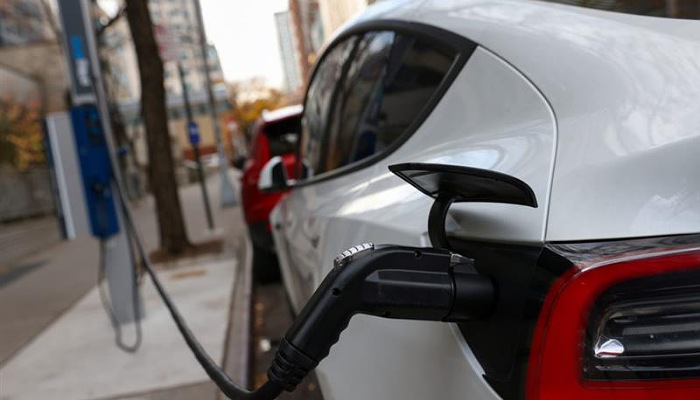
In a significant move towards sustainable energy and improved waste management, the Lagos State Government has announced plans to establish waste-to-energy plants at strategic locations across the city. This initiative, spearheaded by the Lagos Waste Management Authority (LAWMA), will involve the closure of major landfills, including the notorious Olusosun dumpsite in Ojota, and the implementation of advanced waste processing technologies.
Dr. Muyiwa Gbadegesin, the Managing Director and CEO of LAWMA, revealed these plans in an interview with the News Agency of Nigeria (NAN), highlighting the government’s commitment to transforming waste into a valuable resource. “We are planning a biogas facility; we completed the feasibility study last year in partnership with the Swedish Government,” Gbadegesin stated, emphasizing the ambition to replicate Sweden’s successful waste management model.
The strategy involves constructing material recovery facilities, with the first slated for Ikorodu, expected to be completed within 15 months. “When we close the dumpsites, we will divert the waste to a material recovery facility in Badagry. We will extract all the biogas to generate electricity and cover the waste,” Gbadegesin explained. This approach aims to minimize environmental impact and maximize resource utilization.
One of the key focuses is the Olusosun dumpsite, a long-standing environmental challenge. LAWMA is exploring collaborations with nearby industrial facilities to utilize the generated gas for powering generators. “In the case of Olusosun, we are looking at working with industrial facilities at the back of the dumpsite, which can use the gas to power their generators,” Gbadegesin noted.
The projects will be executed in partnership with private investors, notably a Dutch company, Harvest Waste, which will fund a 100 million euro waste-to-energy plant in Epe. “We have closed the landfill at Epe to set up the waste-to-energy plant. This will be set up in partnership with a private investor, a Dutch company, Harvest Waste,” Gbadegesin disclosed. The Epe plant is projected to process approximately 2,500 tonnes of waste daily and generate between 60 to 80 megawatts of electricity.
The focus on organic waste is crucial, as Gbadegesin pointed out that out of the 13,000 tonnes of waste generated daily in Lagos, 6,500 tonnes are organic. “If they can do it, we can. We are planning to replicate the Swedish model here. Out of the 13,000 tonnes of waste generated daily in Lagos State, 6,500 tonnes are organic, which should not be going to the landfills. We should be able to use it to produce compost for greenery and agriculture and also to produce biomethane,” he said. The biogas facility’s feasibility study, conducted in collaboration with the Lagos State Metropolitan Area Transport Authority (LAMATA), will also support the city’s public transportation. “It will be bringing in 2,000 compressed natural gas-powered buses. Once the biogas plant is completed, they will be using it,” Gbadegesin added.
This initiative is not just about waste management; it’s about creating a sustainable energy future for Lagos. The potential to convert organic waste into biomethane and electricity offers a dual benefit: reducing landfill burden and providing clean energy. As someone who has covered environmental stories for years, I’ve seen firsthand the challenges of urban waste management. The Lagos government’s move signifies a significant step forward, demonstrating that with strategic partnerships and technological innovation, a cleaner, more sustainable future is possible.
The collaborative approach, involving international expertise and private investment, underscores the importance of global cooperation in addressing environmental challenges. “From the development in Lagos, we are moving to another level. It gives us hope that if we put our minds to development, we can be the best,” Gbadegesin concluded.







